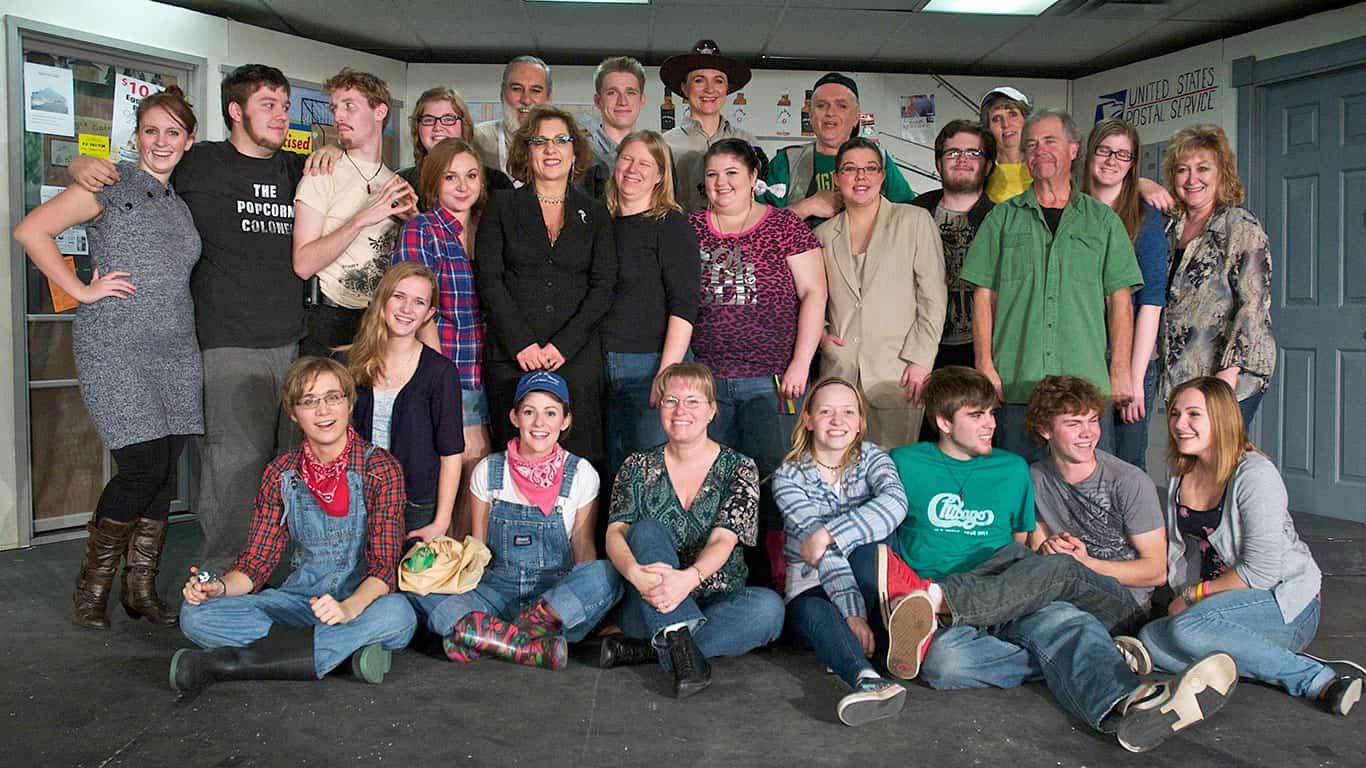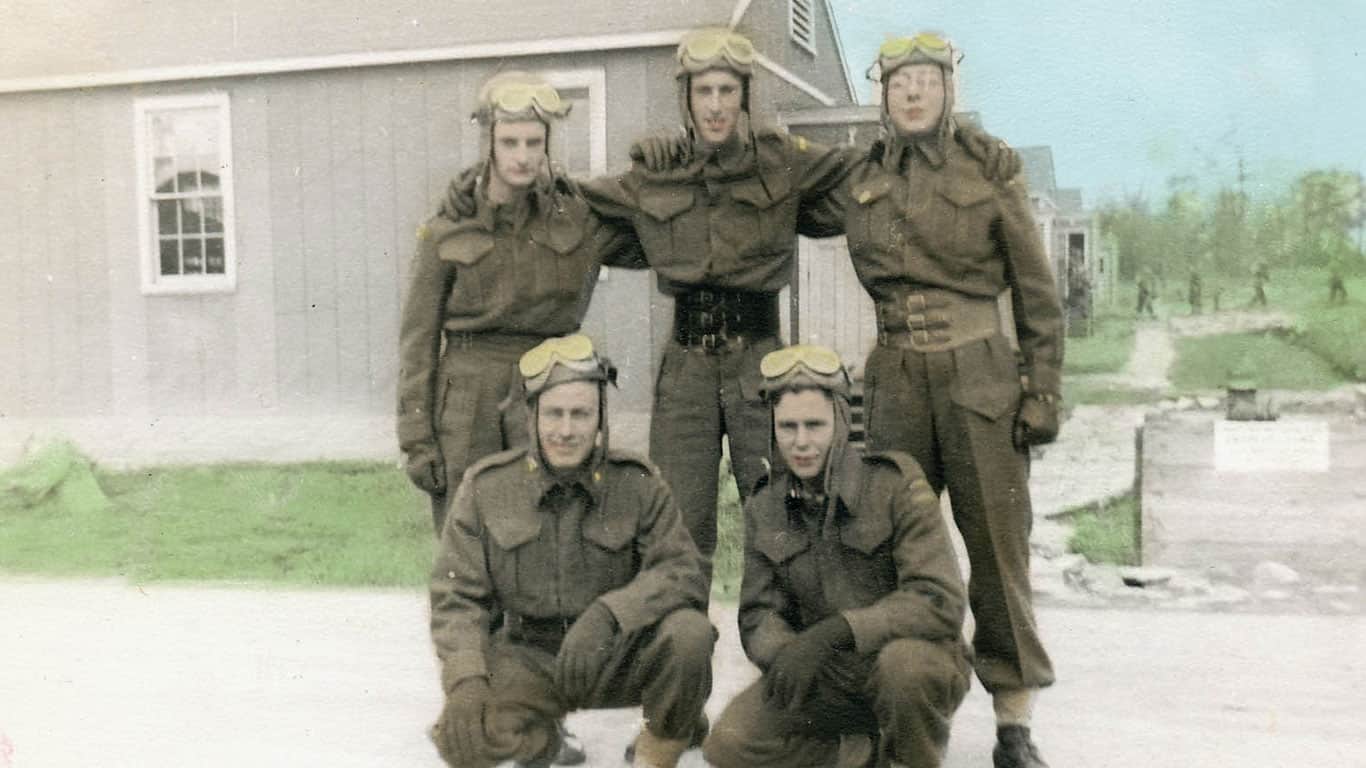;
;
;
Next Article
Theatre Wellesley marks silver anniversary

Two years into the Second World War, Clair Oreal Hawn, father of Elmira resident Rob Hawn, tried to follow in the footsteps of three of his older brothers who had already enlisted. He was trained at the Barriefield Military Camp in Kingston and shipped to Debert, Nova Scotia, before being discharge
Last updated on May 03, 23
Posted on Nov 10, 22
4 min read
